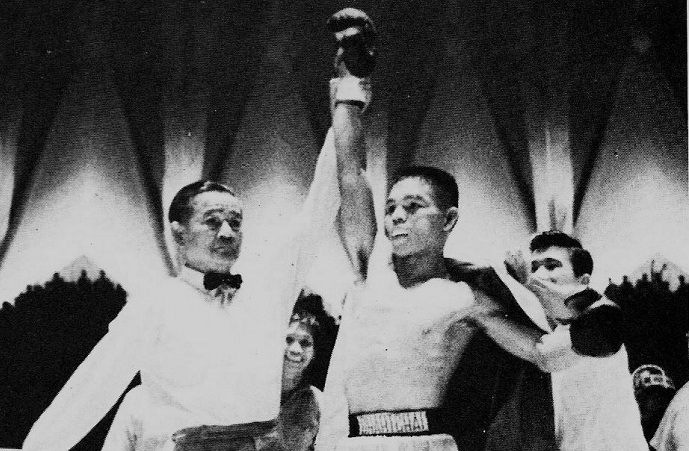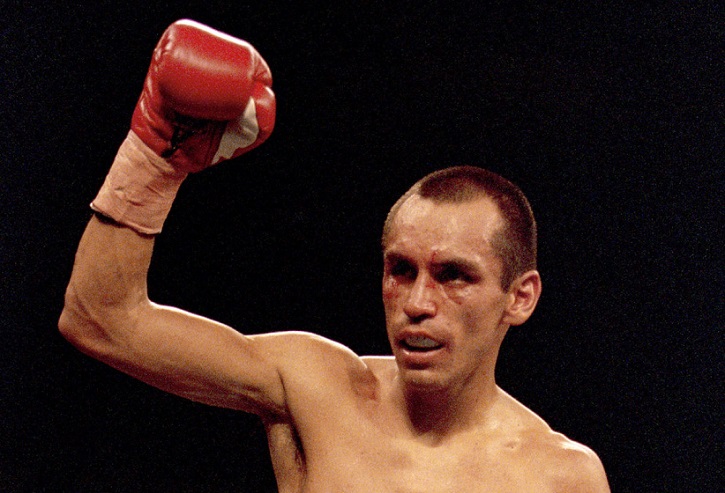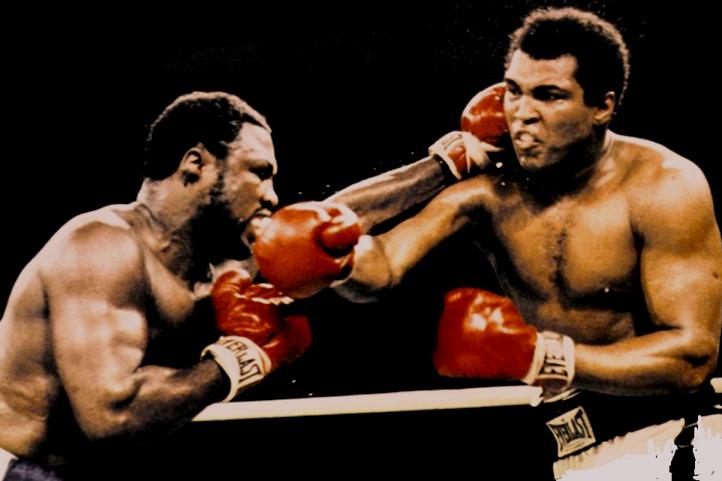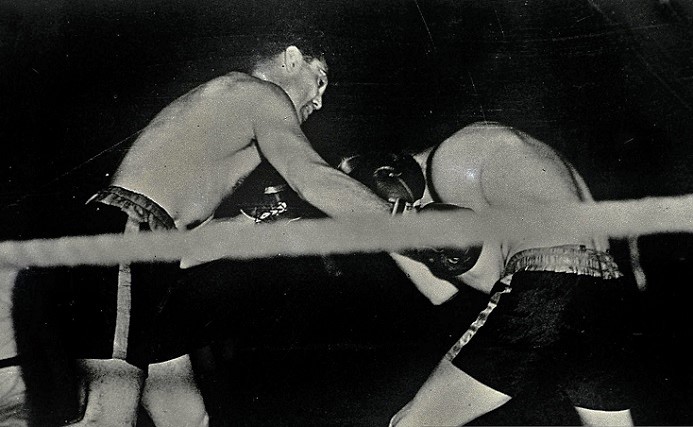Chartchai Chionoi: 1942-2018
While sports like hockey and basketball have only experienced the effects of globalization relatively recently, boxing has forever been a sport of nations. Manuals from as far back as the bare knuckle era will speak of the proud gentlemen of England and France, or mention the ferocity of the wild American men punching their way through the untamed West.
And while most modern fight fans are familiar with the stoic grit birthed in the bitter streets of Eastern Europe and the flowing, technical brilliance of young men developed in the unrivaled Cuban system, the growing success of Thai boxers like Sor Rungvisai is making one thing abundantly clear: the nation known for its “Masters of Eight Limbs” produces a whole lot of guys who can fight with just two.
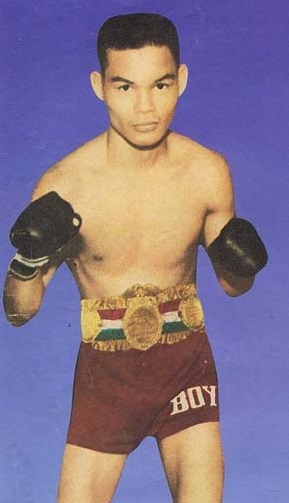
But before Sor Rungvisai shocked the world with his vicious knockout of Roman “Chocolatito” Gonzales, and back when “Superfly” was just a blaxpoitation movie with a catchy soundtrack and an absurdly flashy wardrobe closet, Chartchai Chionoi was in the midst of a legendary career that would see him hold the flyweight title three times, and ultimately be inducted into the WBC Hall of Fame.
Nicknamed “Little Marciano” for his ferocious fighting style, Chartchai Chionoi was just the second Thai ever to hold a world title. And while Chionoi’s career record of 61-18 was far from Marciano perfect, his willingness to take on the best competition wherever they chose is absolutely astounding to fans accustomed to the nauseating era of “A side, B side” posturing and undefeated records that are far more indicative of sheltering than skill.
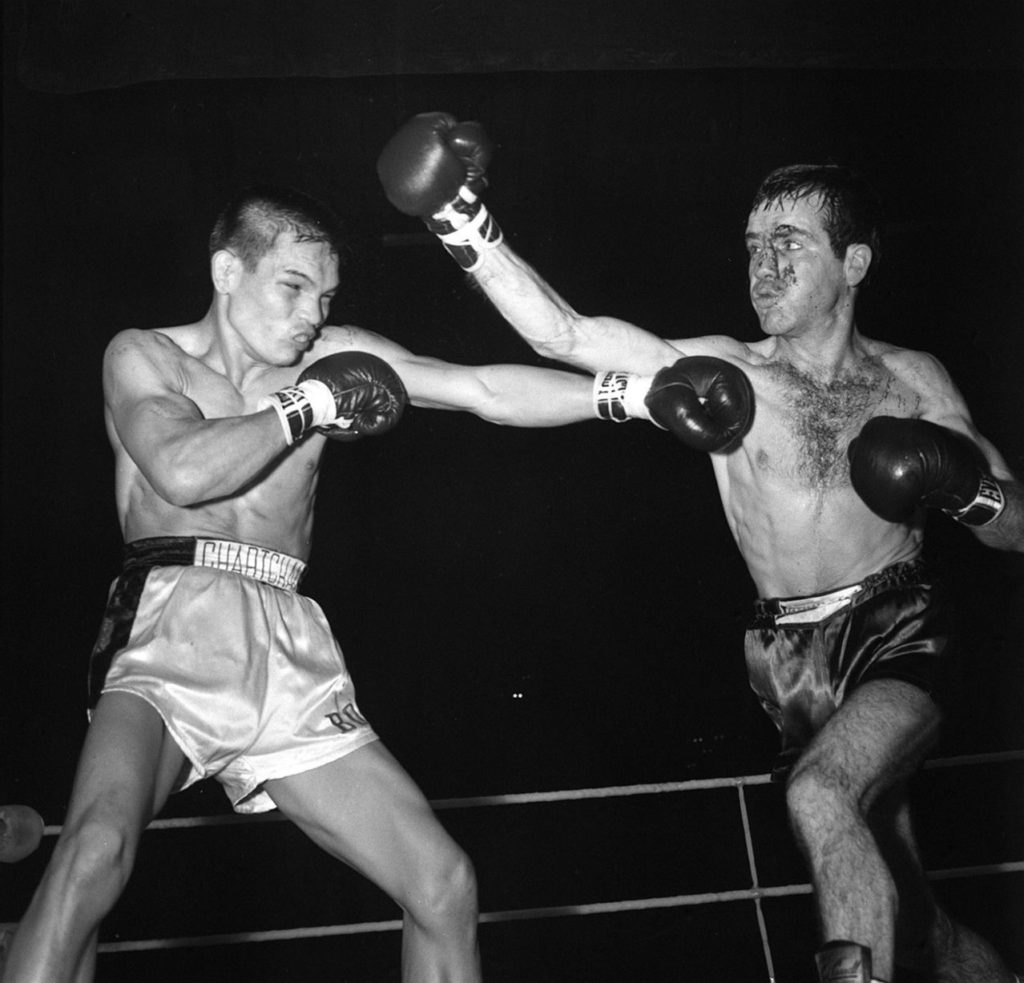
Chionoi won his first title by beating Scotsman Walter McGowan in a vicious battle in Bangkok, then gladly accepted and once again defeated McGowan in the rematch in London. Then, despite being the defending champion, Chionoi traveled to Mexico to square off with the ferocious Efren Torres, where he beat and bloodied the hometown star in a wild back and forth fight. Though he went on to lose the second fight to the Mexican brawler, the rubber match took place in Bangkok, and Torres found that facing a man in his own backyard was not as easy as Chionoi had so often made it look. These five title fights were by far the highlight of Chionoi’s career, and are more than worth your time if you have a couple of free hours and an internet connection.
Unfortunately, most sources say later in life Chionoi suffered from Parkinson’s Disease. Others say his ailments were never precisely identified, but all agree they were a direct result of punishment absorbed in the ring. Still, when asked by a “Sweet Science” reporter late in his life whether boxing had been worth it or not, the aging family man enthusiastically declared that it was, before lamenting how much he missed competing in the ring as he stared at the championship belts that adorned his walls.

Chartchai Chionoi revered Thailand’s first great boxer Pone Kingpetch, so much so that he never even attempted the traditional Thai fighting style, instead immediately choosing The Sweet Science of his hero. He then went on to become an even larger cultural icon than Kingpetch ever was. Stories of Chionoi’s friendship with the king of Thailand are abundant, and even late in his life, with his face ravaged by years of aging and pugilistic punishment, he would be recognized on the streets.
Chartchai Chionoi died on January 21 in Bangkok, Thailand at the age of 75. For far too long, lighter weight classes were ignored by all but the most hardcore boxing fans, so his death has passed by with little fanfare. Because of this, The Fight City wanted to pay one last tribute to this fallen warrior, a true great of the flyweight ranks.
So the next time you turn on the television and see a young boxer with Thai letters on the back of his trunks, take a second to remember the great Chartchai Chionoi. Because, I guarantee you, that young man does. — James Kinneen

